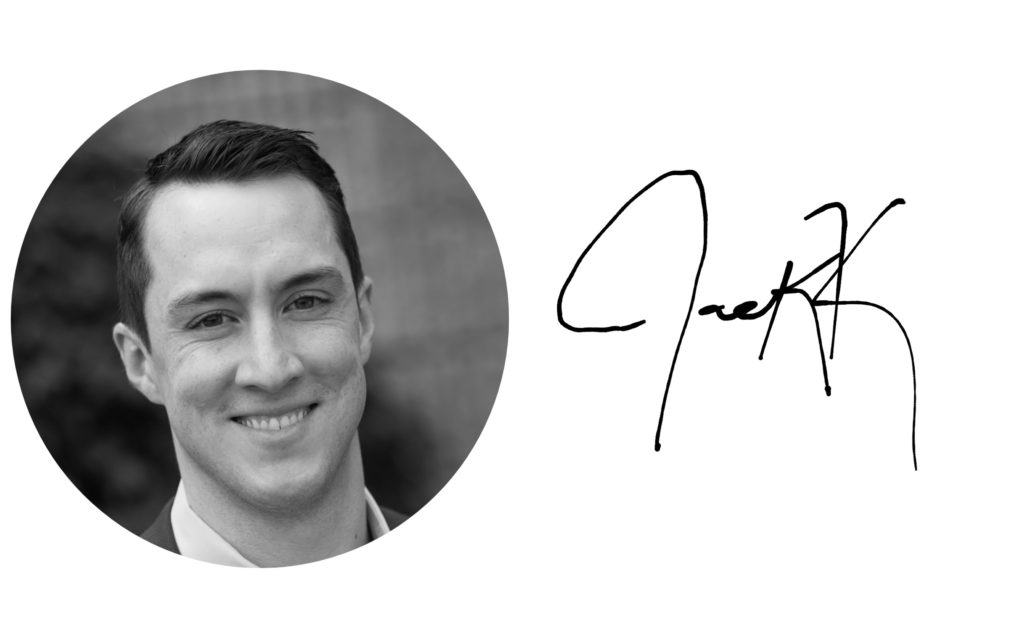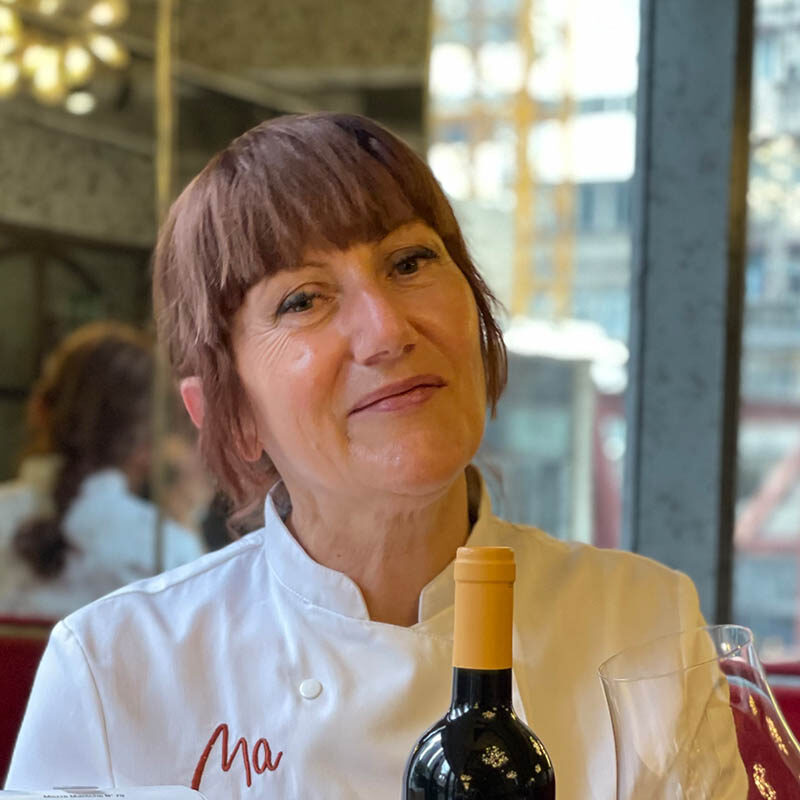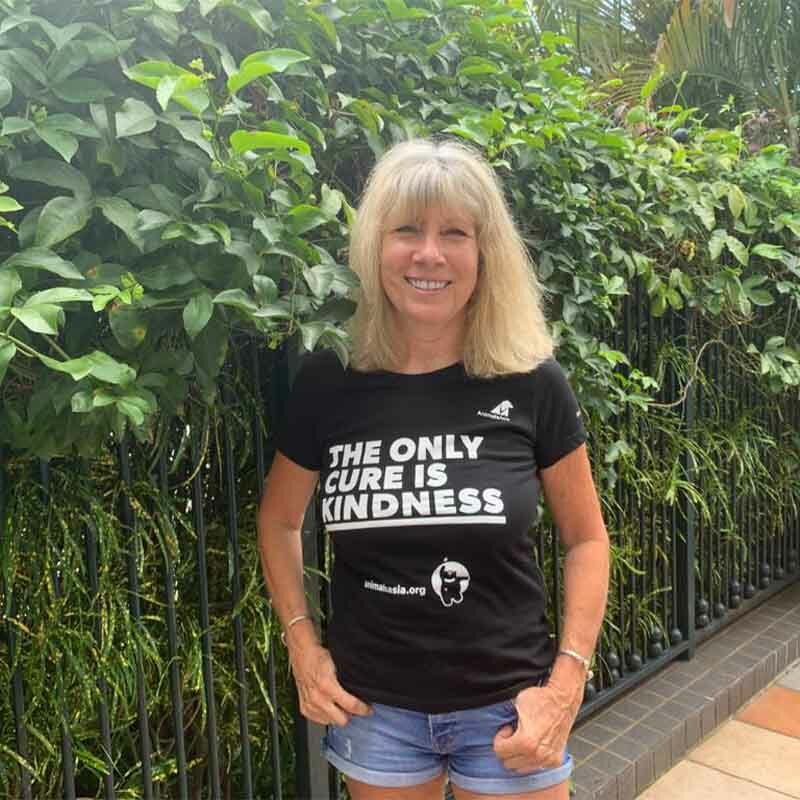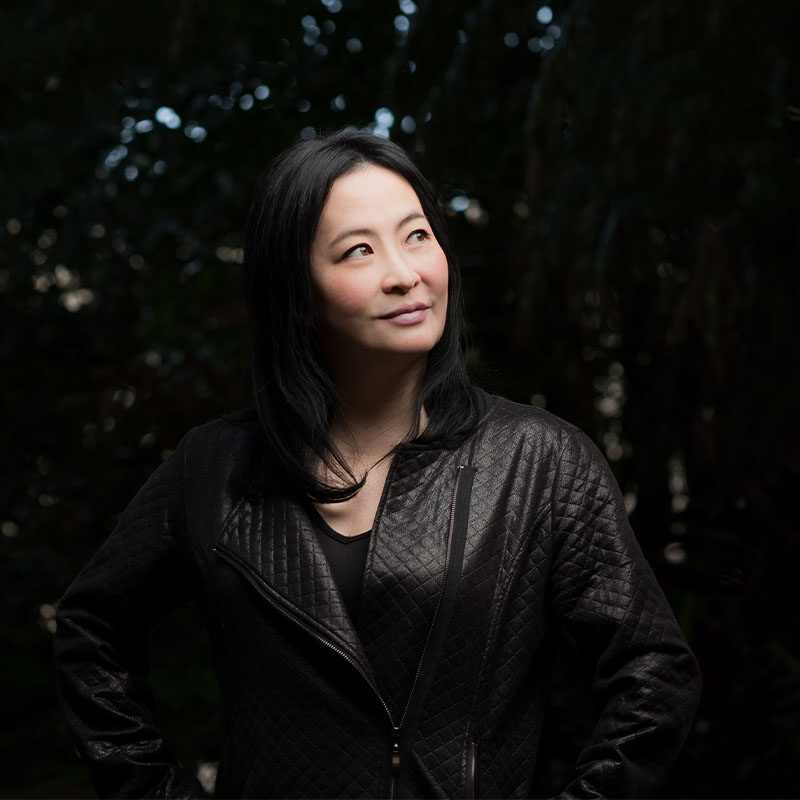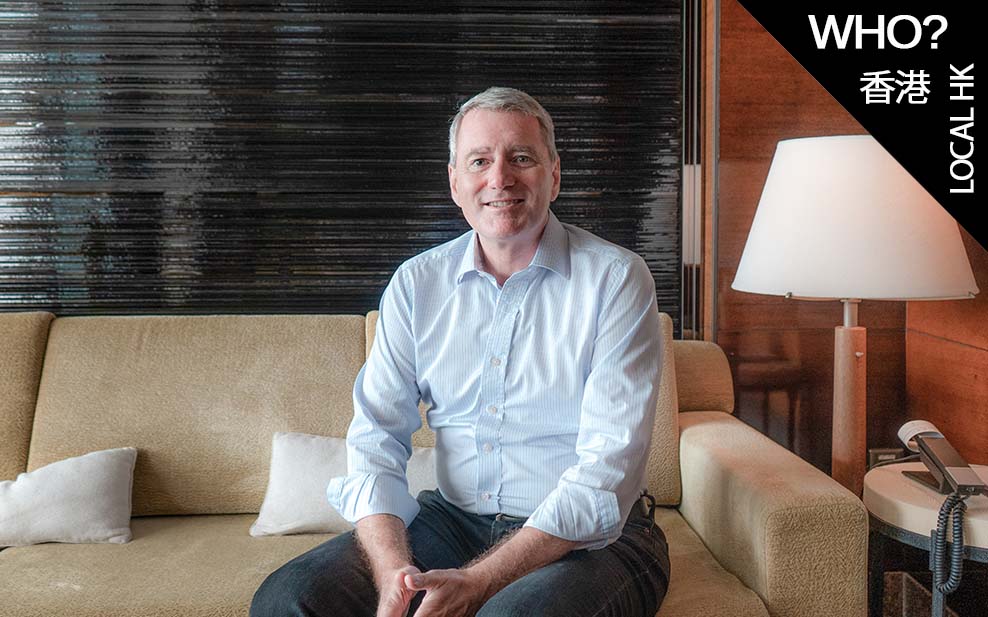
Powered by Purpose: Room to Read Founder John Wood’s Inspiring Life Journey
In the year 1999 John Wood had it all- a prestigious job with a global corporation, a company sponsored apartment, a car and driver, and a comfortable personal life. Utilizing his gifted mind, persistent hard work, and knack for networking, he had built a career that many would envy. He traveled around the world, had a strong reputation in the technology sector and ownership of ever-appreciating shares in a Fortune 500 powerhouse. Only months prior he had been promoted to the important role of head of Business Development for Microsoft’s Greater China region. But as he sipped his tea in a bhatti (tea house) tucked away in the Himalayas on the final day of a too-short vacation, he thought of his return to work and his cushy expat life in Beijing, and was overcome with an inescapable feeling…dread.
What John did next was a shock to some and puzzling to others. He returned to Beijing and in one fell swoop quit his job, broke off his relationship, and started working on plans to launch a non-profit. While proud of his accomplishments, John was missing a deeper sense of purpose. He found it in the mountains in Nepal and decided he would never look back.
20 years later, in 2020, John is the proud founder of an organization that is celebrating its work to positively impact 20 million children around the world- with aspirations to reach 40 million children by 2025. In this WELL, WHO? Profile we shine a light on John’s journey- from his humble childhood, the ups and downs of his education and early career, to the inspiring story of leaving Microsoft to start Room to Read. In addition to his trailblazing work in philanthropy, John is also an accomplished investor, business advisor, Board member, well-recognized speaker and author. There are many lessons to be learned from a deep thinking and action-oriented leader such as John. His story gives hope that if we think positively, focus on purpose instead of superficial success, and act decisively, we can create a better future for ourselves and the world.
Young Bibliophile
John was born in 1964 and spent his childhood growing up in “small town America.” His mother and father, a homemaker and engineer, respectively, raised John and his two siblings on a modest budget in the post-industrial town of Athens, Pennsylvania. While there was nothing particularly extraordinary about Athens, it did boast a strong public-school system which played a part in John’s early development as a student. From a young age John’s inquisitive nature was fostered by a positive community of students and teachers at his local school.
Outside of school, John’s main interest was getting lost in a good read. He ploughed through books at such a pace that he quickly read through everything at his school library. He then began to frequent the other library in town, Spalding Memorial Library, where he cut a deal with the librarian to take as many books as he wanted at a time.
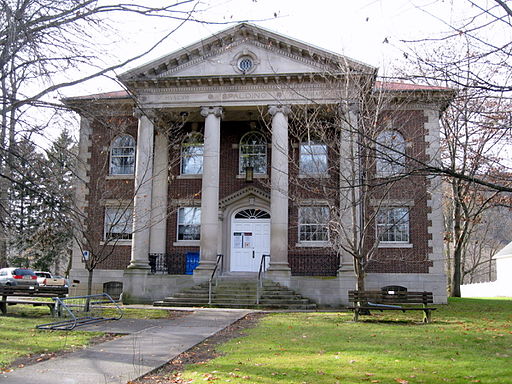
Reading opened John’s mind to the world beyond Athens and awakened an ambition to apply his growing reservoir of knowledge.
From a young age John was an aspirational thinker, but he was also deeply influenced by his dad’s consistent urge to be pragmatic.
The combination of thinking big, but also practically, would prove useful as John ventured to the next stage of life and early career.
On the right track
The next phase began when he left Athens and arrived as an incoming freshman at the University of Colorado Boulder. From the second he stepped on campus he felt at home. Coming from an insular small-town community in Pennsylvania, it was invigorating to rub elbows with interesting classmates and professors from all over the world.
John’s coursework was focused on economics, politics, and business. In between his time bonding with professors and spending late nights at the library, John found time to enjoy himself and occasionally let loose on the ski slopes.
With a college degree in hand, John got his first job at Deloitte in Chicago, with the hope of using this as a bridge to a top-tier MBA program. After a few years working, John applied and was accepted to multiple business schools. Drawn to their “team approach” for learning, John decided to attend Kellogg Business School. He placed in an accelerated program in which participants receive their MBA in one year, as opposed to the traditional two-year timeframe. For that reason, John admits that while enjoyable, “Business school was a bit of a blur.”
Given the pace of Kellogg and the constant barrage of recruitment events, John was unsure of what he wanted to do after graduation. He felt the urge to do something internationally. When offered a job in Chicago at Continental Bank working domestic markets, however, he took the opportunity. The unglamorous nature of domestic US banking stifled John’s larger aspirations to see the world. Within a short amount of time, he began dreading going into work.
It was John’s first-time experiencing staleness and lack of fulfillment. Reflecting on his choice to take that job he said “Part of it was lack of self-confidence. If I really had my druthers, I would have simply moved myself to London or Tokyo…and figured it out.”
Opportunity knocks (or bumps into a friend)
Luckily for John, a more dynamic opportunity presented itself in 1991. It started with a chance encounter. Friend Larry Dart, who had worked with John at Deloitte, bumped into a mutual friend on a busy street in Chicago. When Larry asked the friend about what John was up to, he learned that John was unhappy in his role at Continental. Larry knew his current employer, Microsoft, was looking for someone with a CPA so he reached out to coordinate an introduction. A few weeks later John was preparing to fly out to Seattle for a high-pressure interview with a woman by the name of Melinda French (later known as Melinda Gates).
John secured the job and moved to Seattle, relieved and re-energized to be taking on a new challenge of helping Microsoft launch a new accounting software product.
From day one, John was thrust into a completely different environment than he was used to. He had to define a new niche for himself as he was no longer the smartest guy in the room. He did so by not just handling his duties as an accountant, but by taking up whatever jobs presented themselves- whether that meant coordinating press briefings or taking an impromptu client meeting on one of his business trips.
A few years into working at Microsoft, management recognized John’s aptitude and offered him a new position, one that a traditional accountant wouldn’t have come across; becoming the head of marketing for Microsoft’s fledgling business in Asia Pacific. John moved from Seattle to Sydney, Australia for the role and was set to report up the line to the group’s business leader, none other than the famously bullish salesperson Steve Balmer. For the next 4 years John embraced being a “road warrior” in Asia, knocking down doors and growing Microsoft’s market share in the computer software space.
Steve Balmer’s demanding expectations, some of which are hilariously chronicled in John’s book Leaving Microsoft to Change the World, motivated him to perform at his best.
Reminiscing on his first years in Asia, John remembers “It was a really fun 3-4 years. The region was growing like mad. It was the perfect environment for a young exec to thrive.”
Dark Clouds on the horizon
After delivering solid results, John’s natural path was to continue to climb within Microsoft, who was increasingly concerned with growing their share of the massive market in China. So, in 1998, the company offered John the role of Head of Business Development for the greater China region (covering the mainland, Taiwan and Hong Kong).
John did not relish the prospect of leaving the bright Australian sunshine of Sydney, and adapting to the dry, polluted weather of Beijing. But after considering the opportunity to take on a new challenge, combined with his loyalty to the company, John decided he couldn’t pass up the role. John jumped into the job with his usual gusto. In his free time, he was spending more time with his girlfriend and the couple moved into together shortly after arriving in Beijing. A comfortable married life, with a few vacations a year and a steady expat income looked to be in his future.
But deeper emotional stirrings were shaking his usually resolute core. A profound lack of fulfillment was eating away at his desire to stay at Microsoft. He was tired of always being at the mercy of his busy schedule.
John decided he needed a refresh and took a trip well deserved to hike in Nepal. On that trip it became clear that his passion was not just hitting sales numbers and creating value for Microsoft’s shareholders. He needed to apply his gifted mind towards a more meaningful endeavor.
That endeavor became clear in a place of special significance to John- a local library. Except this library wasn’t the well-stocked, cozy environment he was was privileged to have had access to as a student. The library of Bahundanda’s village school in Nepal had empty shelves and almost no children’s books was a rag-tag collection of outdated titles; hardly an inspiring place to learn. The principal of the school explained how children in Nepal were too poor to afford a proper library and inquired to John, “Perhaps, Sir, you will one day come back with books?”
Above (left) : John Delivering books via Yak for the first time. (right): He would later write a children’s book inspired by this experience titled Zak the Yak with Books on his Back.
Exactly one year later John came back to stock the library. It took a small fleet of six rented yaks to deliver the haul to the village. Seeing the faces of the children light up as they saw the books was a feeling dramatically different than how he felt after closing a big software deal. It was a genuine sense of accomplishment and of making a positive difference. Through books, children in the village community had a chance to overcome the poverty they were allotted in life through no choice of their own.
Seeing the smiles on young Nepalese faces as they perused the books he had brought, John knew he had found his true calling. He recognized millions of children across Nepal and the rest of underdeveloped Asia and Africa faced the same predicament. They were too poor for education, but without education they would stay poor.
John knew he had to channel the lessons he had carried with him since childhood and further developed in the business world to tackle the question now bouncing around in his head- how could he make the largest impact to reduce education and gender inequality? It was clear that it would require a fulltime commitment to scale the establishment and improvement of libraries around the world.
So, he flew back to Beijing with the intention of blowing up his life and fully committing himself to his newfound mission. He knew in his heart that now was his chance to pivot. Anything less than a total refresh was not going to be enough.
Rebirth- Room to Read
WELL, it seems fair to say that John’s risk of leaving Microsoft paid off spectacularly- especially for the millions of children his efforts have touched.
True to his word, John left Microsoft in 1999, co-founding Room to Read with Erin Ganju and Dinesh Shrestha. A non-profit based out of San Francisco, Room to Read is focused on promoting education and literacy throughout the developing world.
Applying the many lessons he had learned over his life- a strong sense of motivation (his self-taught instinct), a practical view of goal-setting (his father and background in economics), how to work together as a team (Kellogg and Microsoft), he has built a non-profit that has scaled like a well-run business.
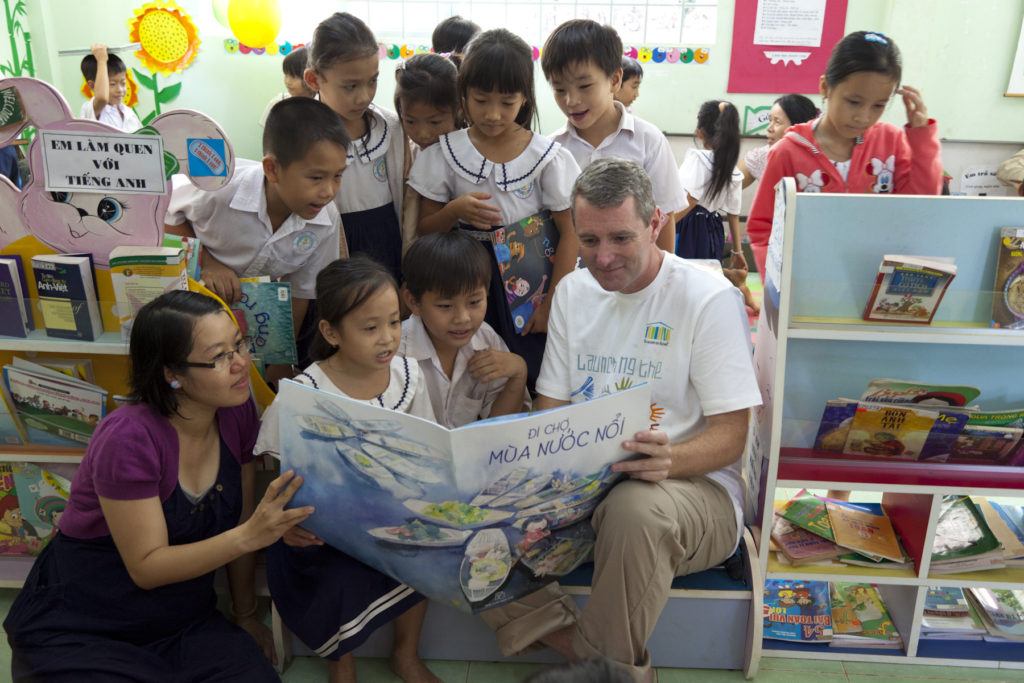
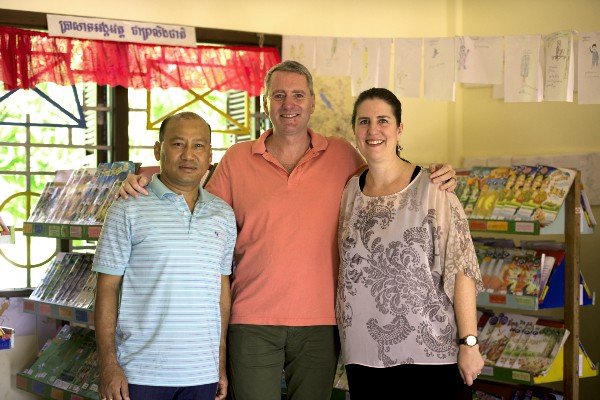

Room to Read has built a remarkably diverse and talented set of employees and supporters. As of 2020 the non-profit has made a tremendous impact:
- Reached 20 million kids globally
- Distributed over 25M books, most of which are self-published in otherwise-overlooked local languages
- Sponsoring over 2,500 school construction projects
- Opening 38,000 libraries
- Operating in 18 countries
John attributes the tremendous success to the excellent team that has built up and supported the organization.
Room to Read’s board is packed with influential businesspeople, including CEO of the Financial Times John Ridding and CEO of YouTube Susan Wojcicki. Room to Read’s 3rd generation CEO, Dr. Geetha Murali, brings a wealth of experience from the business and non-profit sectors and has the company on track to continue its aggressive growth.
Together, the board and management team at Room to Read views their progress through the lens of data analysis- the only way to chip away at large scale problems is by tracking results and impact over time.
Inspiring with Purpose
In addition to continuing to be a spokesperson for Room to Read, John is spending an increasing amount of time on his other passion- investing and advising businesses looking to tackle the big problems facing the world.
It’s John’s belief that if positive purpose can be amplified within the business world, in the same way that Room to Read and other non-profit organizations have done, that we can create an economy that solves problems instead of creating them.
In his most recent book, Purpose, Incorporated: Turning Cause into Your Competitive Advantage, John argues that not only do businesses benefit from having positive missions tied to their business plans, but that companies that don’t will have to inject meaning into what they do if they want to be successful in the long run. From recruiting and retaining talent, to creating a positive company culture, having purpose is becoming increasingly important to the bottom line.
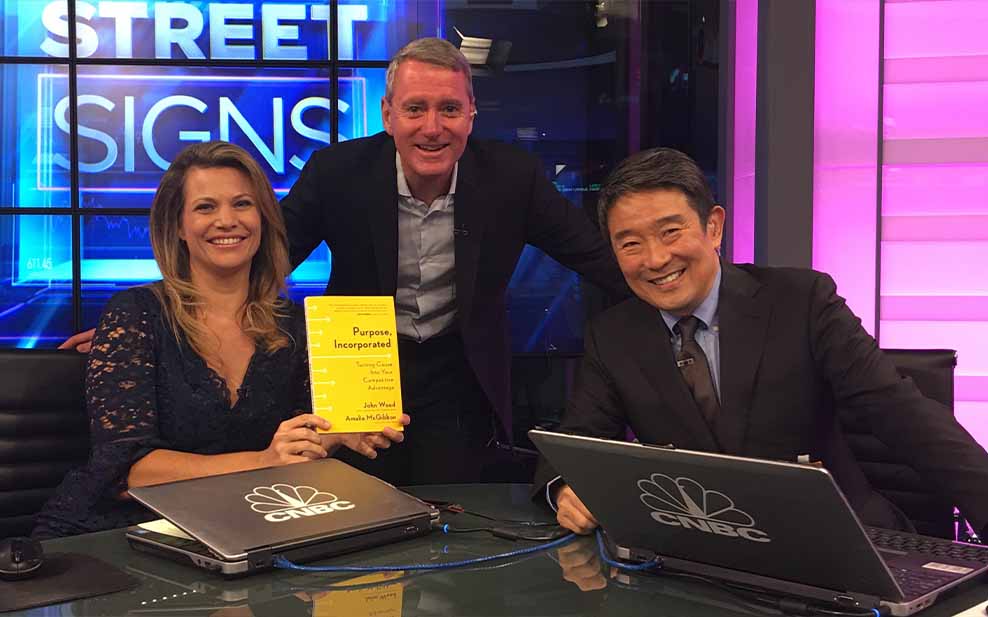
It’s no surprise that both companies John supports as an investor and advisor, Green Monday Holdings and abillionveg, have purpose baked into their core. Their mission is to tackle the planet’s unsustainable food system and make eating plant-based more common. Green Monday and its charismatic CEO David Yeung (see our previous WELL, WHO? feature), are on a well-reported role in the Hong Kong market, and recently received a $70M investment round and have placed their products in McDonalds, 7-11 and some of the biggest restaurant chains in China, Taiwan and Singapore . Abillionveg, a Singaporean based company creating an app to encourage plant-based eating and community donates $1 to their network of animal welfare partners for every review made on their platform.
Optimistic future
Ever the optimist, John believes it’s up to each one of us to decide what we can do to make a positive impact on the world. Some issues, such as education inequality, may seem unconquerable. It’s easy to write-off such problems as too large and too complicated for an individual to make an impact.
As John has shown, however, with the power of purpose behind you, and with the collaboration and support of likeminded people, even seemingly unreachable goals can be achieved.
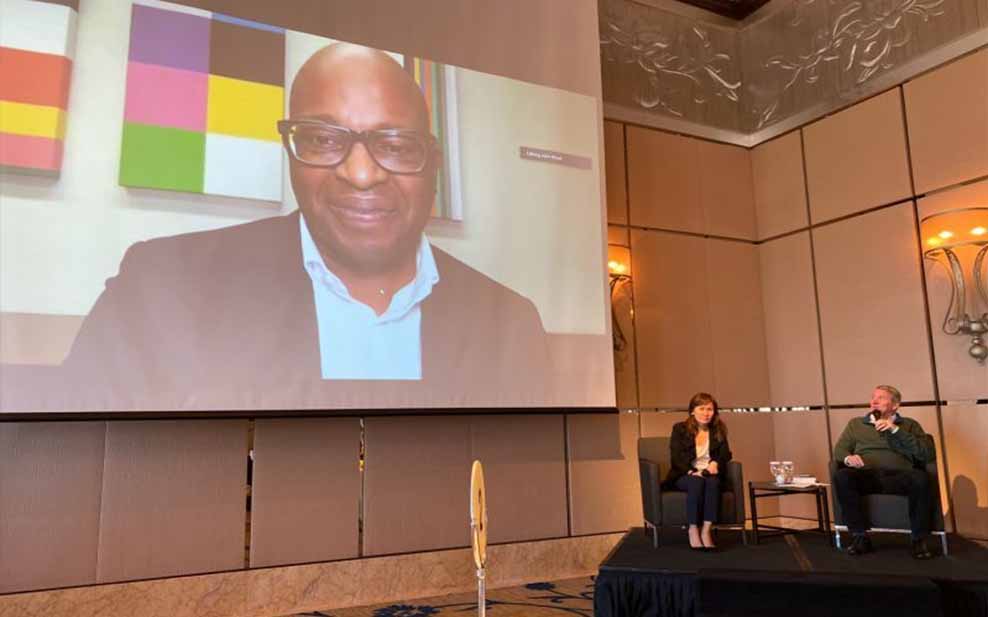
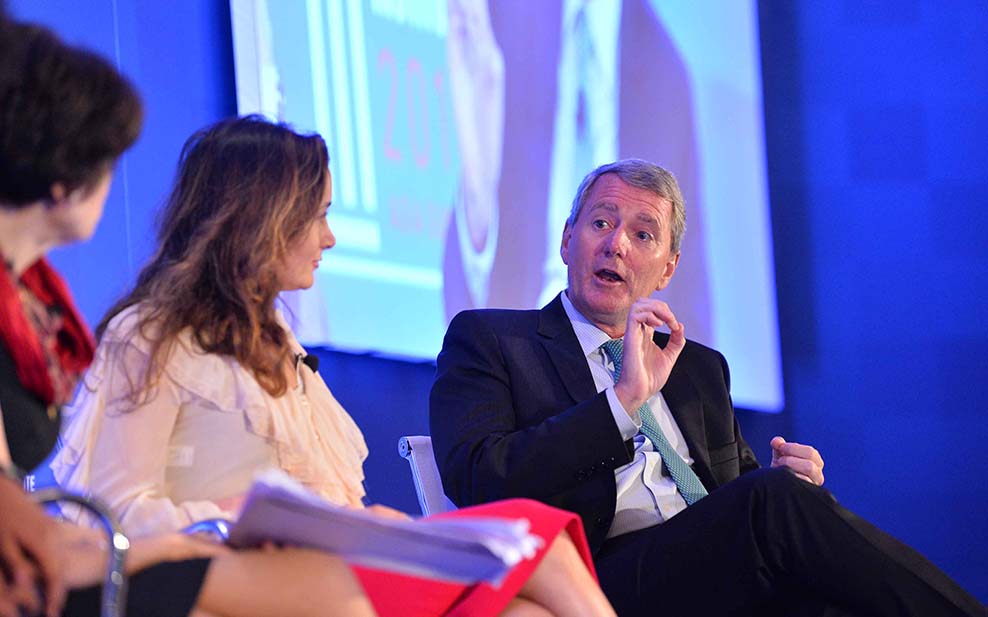
In the final chapter of Purpose, Incorporated, John makes clear that the positive change we require in the world starts with no one but ourselves.
Another benefit of working towards good, is that Karma usually finds it way and attracts good into your life. In addition to his professional success, John enjoys an enriched personal life. Through an event for Room to Read (and an impromptu shot of Tequila), John met his now wife Amy, who enjoys reading and building positive community as much as John. Amy, who founded a start-up of her own (check out https://www.toasst.co/), works together with John on a number of projects including their new Powered by Purpose speaker series.
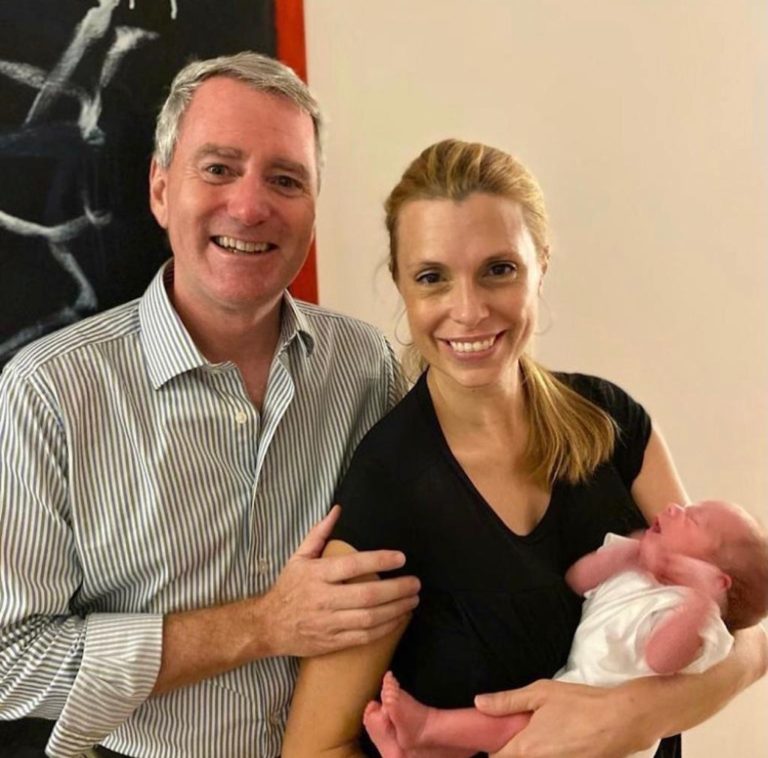
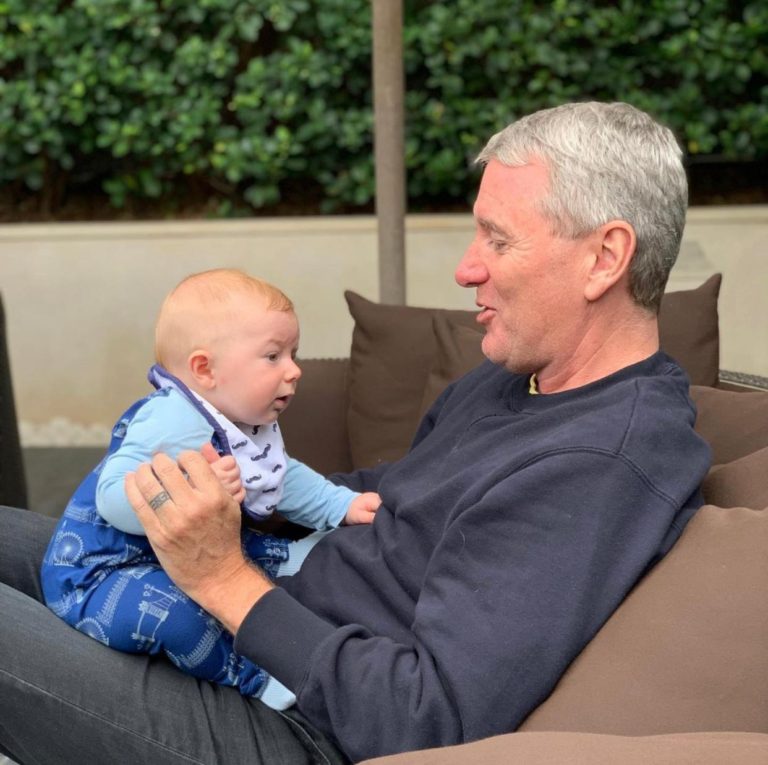
The power couple just celebrated the birth of their first child this year. Creating a better future for their son adds further meaning to their work.
No matter the challenges ahead, from COVID-19 to climate change, John still insists, as author Studs Terkel wrote, “Hope dies last.” It’s important that each and every one of us strives to apply our talents towards solutions to the world’s problems.
Before you go…
Make an impact today by joining WELL, Magazine Asia’s campaign to fund the education of 100 girls through Room to Read. For a limited time your donation will be matched, doubling the impact of your donation! Check out our WELL, GIVE page to learn more. Or go directly to the campaign page HERE.
John Wood is author of four books.
Find them here: https://www.amazon.com/John-Wood/e/B001ILHL8Y%3Fref=dbs_a_mng_rwt_scns_share
John also posts book recommendations and engaging articles on his website https://www.johnjwood.com/.
Follow his socials for updates @JohnwoodRTR (twitter) and linkedin.com/in/johnwoodrtr (linked-in).
Finally,
Here are a few quickfire questions and answers to help you get to know John better. We asked John to say the first thing that came to mind when we said the following words. His Reponses are in italics.
Purpose- future
Education- super important
Home- Amy
Love- Amy
Steve balmer- “Get shit done!”
Nepal- yak butter tea
Kellogg School of Management- Thank you for having me
Wine- Yes, please but later today
Vu (Vietnamese friend John writes about in his book)- Father with 2 educated children
Green Monday- The future
Veganism- Bad Brand
Inspiration- It’s everywhere if you know where to look
Investing- Time, treasure, talent, invest all three
Bill Gates Sr- God Rest his Soul, Great man
Volkswagen– Consumers have finely tuned bullshit detectors
Failure- Avoid it
Joe Biden- Mr. President (quick note: interview was pre-election 😉)
Fatherhood- What a gift
RGB- God rest her soul, may I be 1/10th as good of a person as she was
Success- Go for it, don’t let it go to your head
Future- Future is so bright you gotta wear shades (bad 1980’s New Wave music reference )
Hong Kong- Home
Written exclusively for WELL, Magazine Asia by Jackson Kelleher
Thank you for reading this article from WELL, Magazine Asia. #LifeUnfiltered.
Connect with us on social for daily news, competitions, and more.
